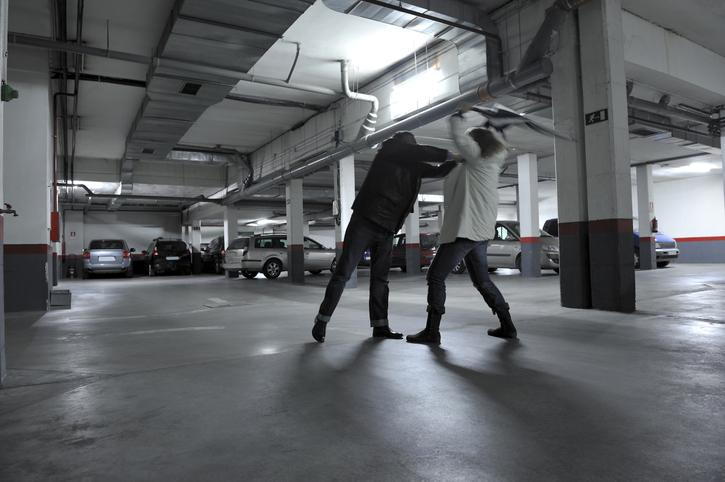
- posted: Sep. 15, 2022
People accused of violent crimes frequently claim that their conduct was justified because they were acting in self-defense. This can be a complicated legal concept, with standards that vary widely depending on what state you’re in. Even if the facts are nearly identical, the outcome of your case might be very different from that of a high-profile trial you saw on the news. Whether you’re facing assault charges stemming from a bar fight or a more serious count relating to the use of deadly force, it is critical to understand how the law applies if you’re considering a self-defense claim.
Under Illinois law relating to the justifiable use of force, self-defense is divided into two categories: regular force and deadly force. Regular force is permissible in situations where an individual is defending themselves, another person or property against someone else’s illegal actions. This might mean grabbing someone who is trying to steal your wallet or hitting the person who has physically attacked your friend. However, the response must be commensurate to the threat.
Deadly force, such as the use of a gun, is only justified in limited circumstances. If there is an imminent threat of death or great bodily harm to yourself or someone else, you can respond in kind. The statute also states that deadly force is warranted to prevent a forcible felony or a violent home invasion.
Other aspects of the state’s self-defense law you should understand include:
- Burden of proof — Justification is what is known as an affirmative defense. This means that the defendant is required to prove that their actions were reasonable given the circumstances. Accordingly, it is vital to retain an experienced criminal defense attorney who can effectively investigate the facts and present a persuasive argument in court.
- Bar on aggressor claims — Someone who acted as the aggressor in a confrontation is not permitted to claim self-defense, even if the situation changed and the other party eventually gained the advantage.
- “Stand your ground” and “duty to retreat” provisions — Illinois does not have a “stand your ground” law specifically authorizing deadly force in certain circumstances, such as when an intruder enters their home. There is also no “duty to retreat” rule, which requires a person to exit a confrontation if it is safe to do so rather than using deadly force. Each self-defense claim is evaluated on its own merits based on the facts that existed during the incident.
Demonstrating that a serious threat existed at the time and that your response was appropriate requires extensive preparation. If you’ve been accused of a crime but believe that what you did was justified, it’s wise to seek legal counsel as soon as possible.
Skinner Law Firm, P.C. in Bridgeview represents Illinois clients accused of violent crimes and other offenses. To make an appointment for a free initial consultation, please call 312-635-6459 or contact us online.


